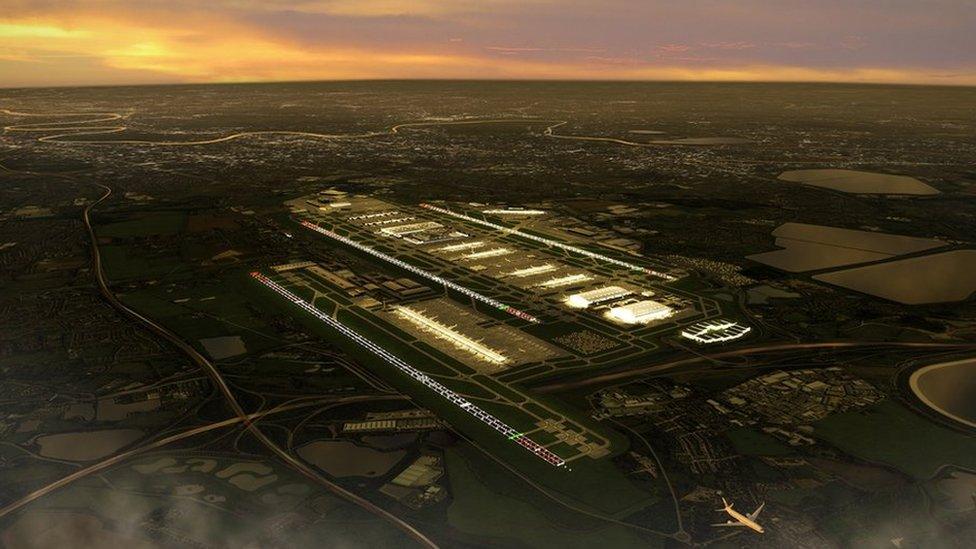Heathrow third runway: Environmental concerns 'should not stop expansion'
- Published
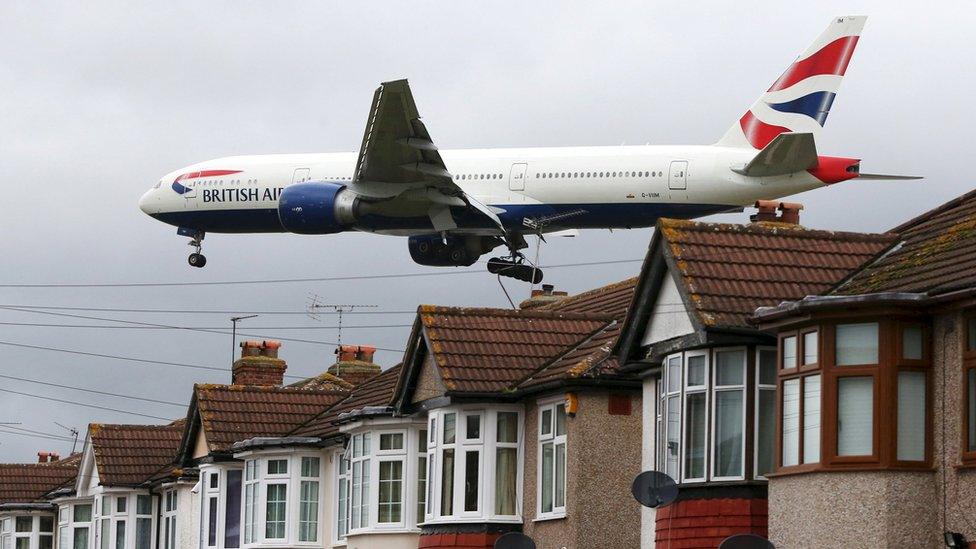
The think tank says the environmental challenges of airport expansion can be tackled
Concerns over the environmental impact of expanding Gatwick or Heathrow should not lead to aviation plans being rejected, according to a think tank.
The Independent Transport Commission (ITC) said research showed there had been "rapid" progress on aircraft noise and emissions over the past 30 years.
In July, the Airports Commission (AC) said the expansion of Heathrow was preferable to expanding Gatwick.
Anti-expansion campaigners said the ITC "was not living in the real world".
The ITC researches the economic, social and environmental aspects of travel and recommends possible solutions to transport problems.
Its report said the reduction of CO2 emissions was "not an impossible problem to solve" and restricting aviation expansion in the UK would just push the carbon output to other countries.
It also said the rollout of Boeing 787 and Airbus A350 aircraft could deliver noise improvements too.
'Carbon emission improvements'
"Whether the government pursues the proposal to expand Gatwick or Heathrow, the ITC research demonstrates that sustainability concerns should not stop the UK realising the great additional benefits that increased connectivity can provide," said the ITC's Dr Stephen Hickey.
"The findings suggest that noise and local air quality impacts can be managed downwards given the right mix of operational, policy and technological development, while incremental improvements in carbon emission output are being delivered on an annual basis."
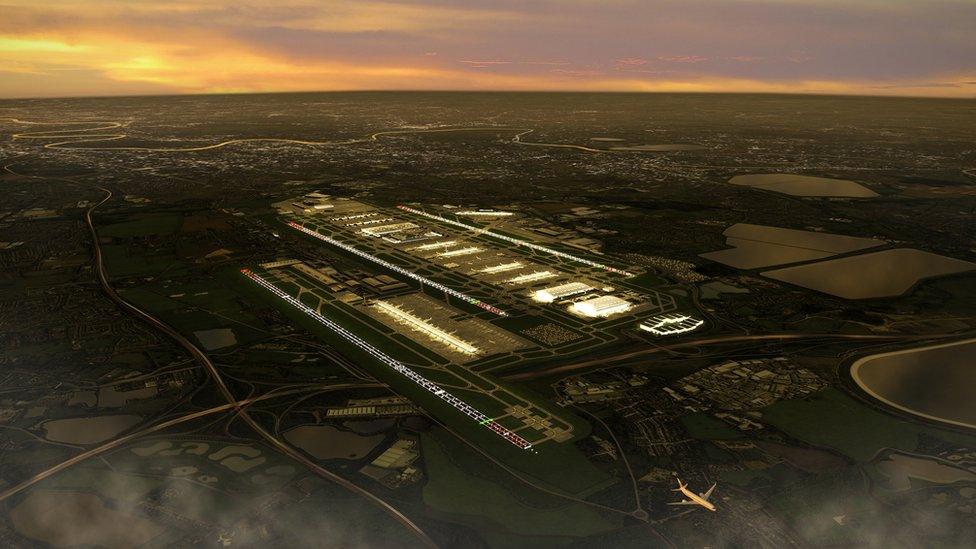
A new runway at Heathrow would be built about two miles north of the airport's current two
John Stewart, chairman of ant-Heathrow group Hacan, dismissed the report, saying it repeated "the myth that the noise climate" around major airports had improved.
'250,000 extra flights'
"The report is right to say that individual aircraft have become less noisy but for most residents this is offset by the sheer rise in the number of planes," he added.
"This report really does skate too easily over the impact of another 250,000 flights a year at Heathrow if a third runway is built."
Heathrow welcomed the report's "unequivocal" conclusions, saying it confirmed that road vehicles were the principal contributors of air pollution around the airport.
The airport's Director of Sustainability, Matt Gorman, said: "This report adds to the evidence presented by the Airports Commission that road traffic is the main contributor to poor air quality and it is a national problem which needs government action.
"Heathrow has worked to maintain airport-related traffic broadly static since the 1990's and is taking action to reduce emissions further by switching to electric vehicles and increasing public transport options for passengers and colleagues."
The AC has recommended building a new runway at Heathrow rather than providing a second runway at Gatwick.
But it did not completely rule out another runway at Gatwick or doubling an existing runway at Heathrow.
The government has said more work needs to be done on the environmental impact, external and his delayed its decision to the summer at the earliest.
- Published3 March 2016

- Published26 February 2016
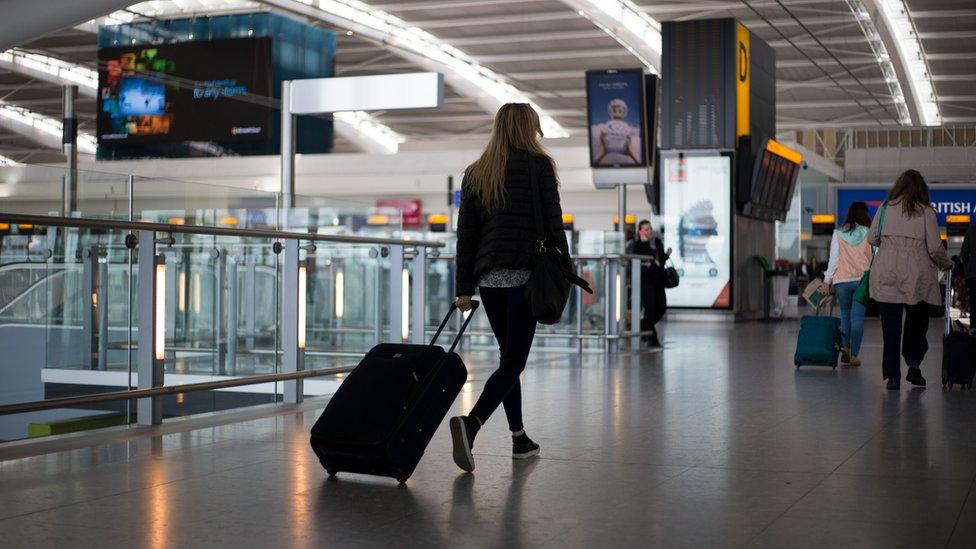
- Published24 February 2016
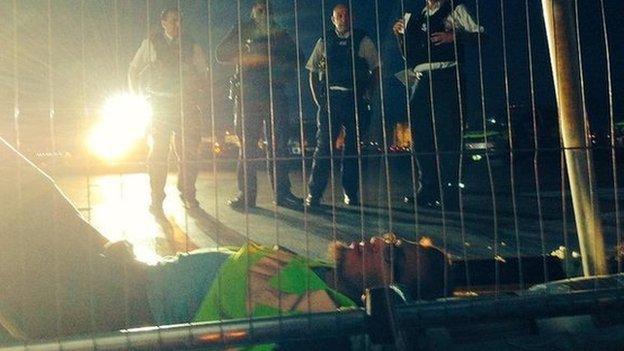
- Published25 October 2016
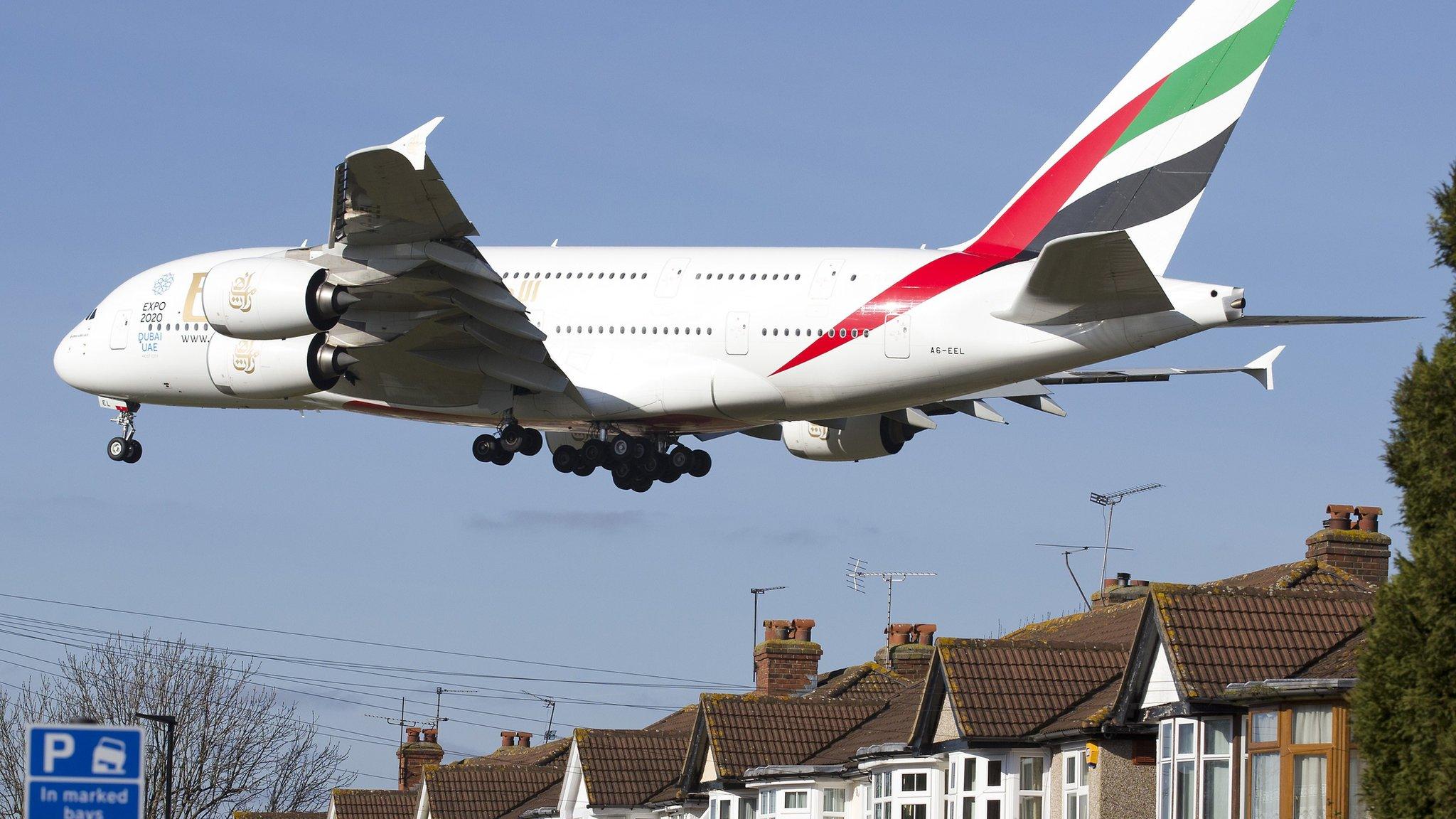
- Published7 December 2015
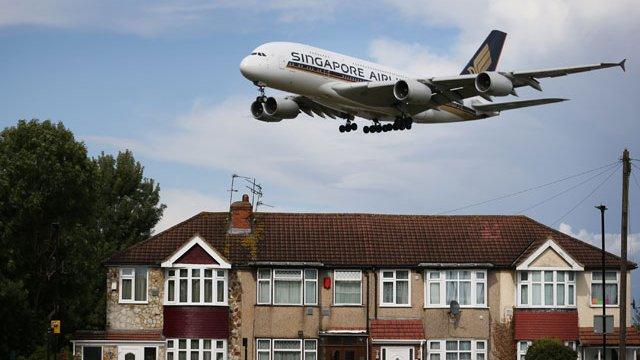
- Published6 October 2015
